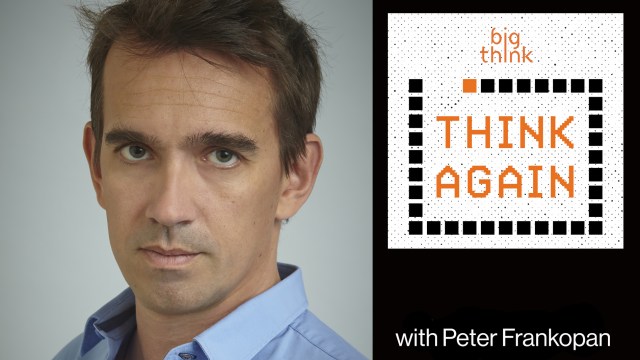Will TV Popularity Be the End of German Philosophy?

Think of a few public intellectuals (not just the ones you read about on Big Think) but the ones that you actually see on television or read about in popular magazines. If you are an American you probably listed scientists, maybe one or two philosophers snuck onto your list.
However, if you are a German, you probably listed more than a few popular philosophers, and that might not be a great thing.
Media-friendly philosophers like Richard David Precht and Jürgen Habermas are taking German philosophy out of the ivory tower and into living rooms across Germany, both on Precht’s self-titled television program and in the pages of popular books and articles. The popular approach of Precht has led some philosophers to dismissively call him a “philosophy performer”, or the Andre Rieu of philosophy.
German philosopher Theodor Adornowarned about the risks of popular consumption of ideas when he defined “The culture industry”, arguing that the popularization of cultural works will inevitably make them marketable rather than profound and serve to pacify rather than inspire a population. Going so far as to say that such films, plays, shows, and books are “so designed that quickness, powers of observation, and experience are undeniably needed to apprehend them at all; yet sustained thought is out of the question”. It is simple to understand the horror of these philosophers at the idea of a pop-philosopher.
Can the often-indecipherable ideas of Immanuel Kant be made popular and not lose their profundity? Martin Heidegger’s work is so difficult to understand that he accused Sartre of fundamentally misunderstanding him—so, the basic question is: can that kind of work be explained between commercial breaks in 20-minute segments?
As for the current wave of German thinkers, they seem to be popularizing philosophy decently. Markus Gabriel’s work Why the World Does Not Exist, was both a best seller and well written. Enrollment in philosophy programs at German universities is up around 33% over the last few years. And while people might not discuss The World as Will and Representation on the bus to work, the philosophy magazines and television shows are proving popular and informative.
Can philosophy, especially German philosophy, be made popular without losing its distinctly profound edge? While a few popular philosophers think so, others, like Peter Sloterdijk, are not so sure. Will popularity be the end of profundity? Or will it serve to make the typical individual more literate in philosophy?





